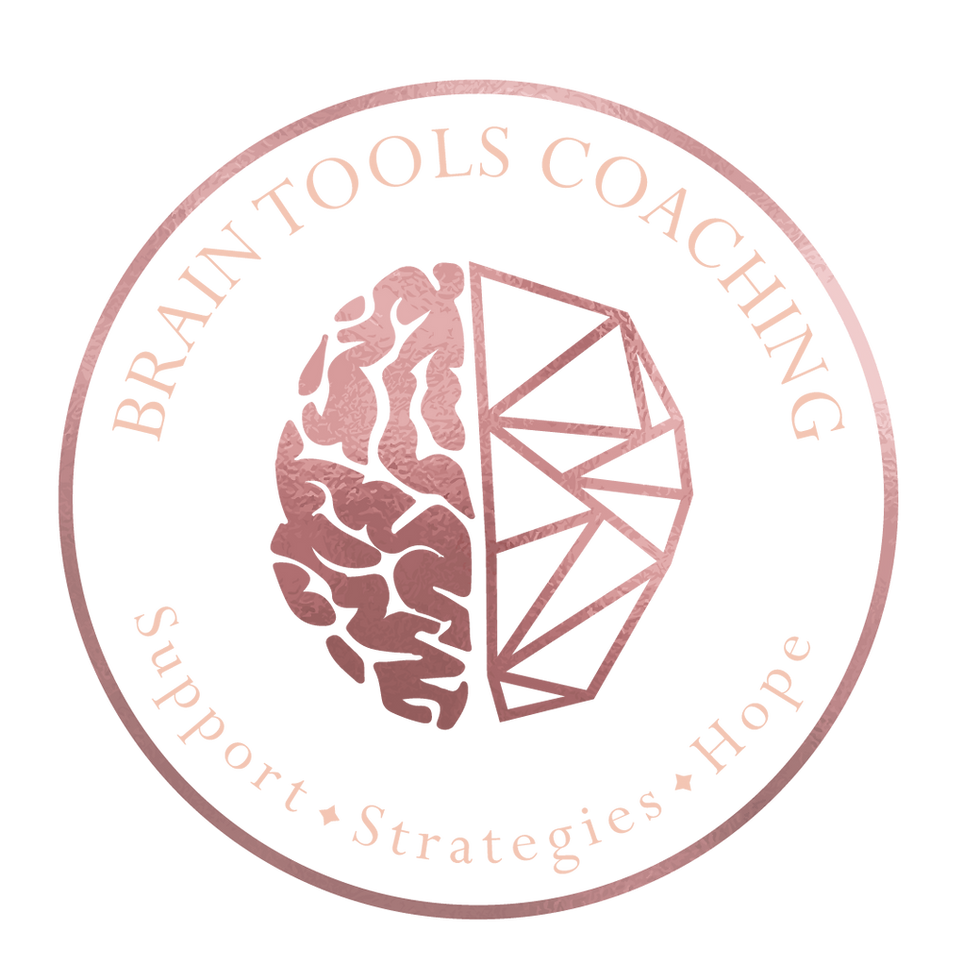.jpg)
Coaching
Your kid is too smart to struggle in class. You’re afraid that every time your cell rings, it’s the school calling about your kid. Your loved ones insist your kid is lazy, but you know something else is going on. And don’t even start about the hellish hours you call homework time.
Sound familiar? If you’re raising (or teaching!) a child whose intelligence is hidden by puzzling issues like always-11th-hour projects or forgetting directions right after hearing them, you’ve come to the right place!
I’m Sarah! I’ve been an innovating educator for nearly 20 years, and I specialize in helping students with gaps in those incredibly important and rarely taught skills we call “Executive Function.” (Backlink “executive function” to my doodly video about it) After presenting at conferences nationwide, I realized that the strategies and lessons I teach my students were profoundly changing their lives—and I want to share these same ideas with you!
Your child absolutely can succeed! It will take time, creativity, and a whole bag of learning tricks!
Will it be easy? Nope! Will it be worth it? You bet! And, I’ll be here every step of the way!
So, what is executive function, and how can it develop? Executive function is a set of skills that are utilized in everyday student and adult lives. Executive function includes things like organization, inhibition control, planning, managing attention, short term memory…and more! It’s a set of skills that may go unnoticed---until you realize your child is missing one (or many)! You can think of executive function skills collectively as the director inside your child’s brain—it has many jobs, running simultaneously, and if it’s missing a part, things aren’t done well or sometimes aren’t done at all.
Problems with executive function are common. In fact, as an adolescent brain develops, the frontal cortex of the brain (most closely associated with executive function) is one of the last components to develop. Yes, you read that right. Your tween or teen’s brain has not finished developing (until the mid twenties) and can leave your child not yet knowing how to inhibit impulses, organize their space, manage deadlines, and navigate the demands of school and a social life!
Executive function challenges are also associated with certain disabilities, including ADHD, autism, and learning disabilities. The great news is that no matter the source of the challenge, I have proven, research-based, use-right-now strategies that can help you teach and coach your child! Even parents share that the strategies help them in adult and work life!

-min.png)